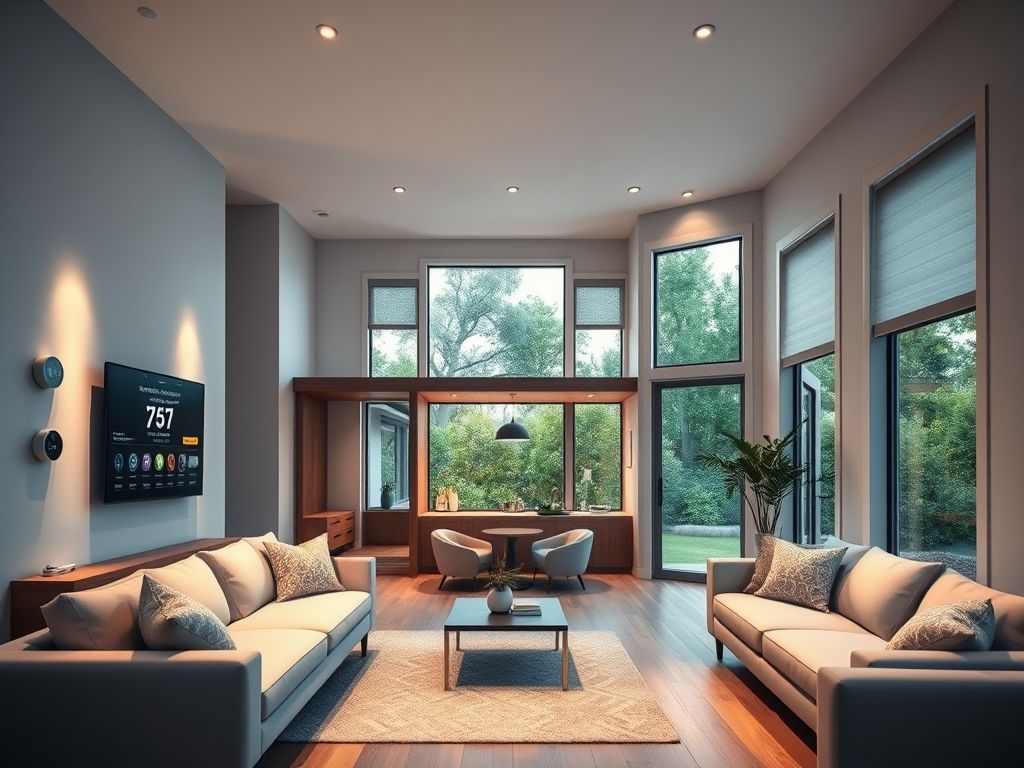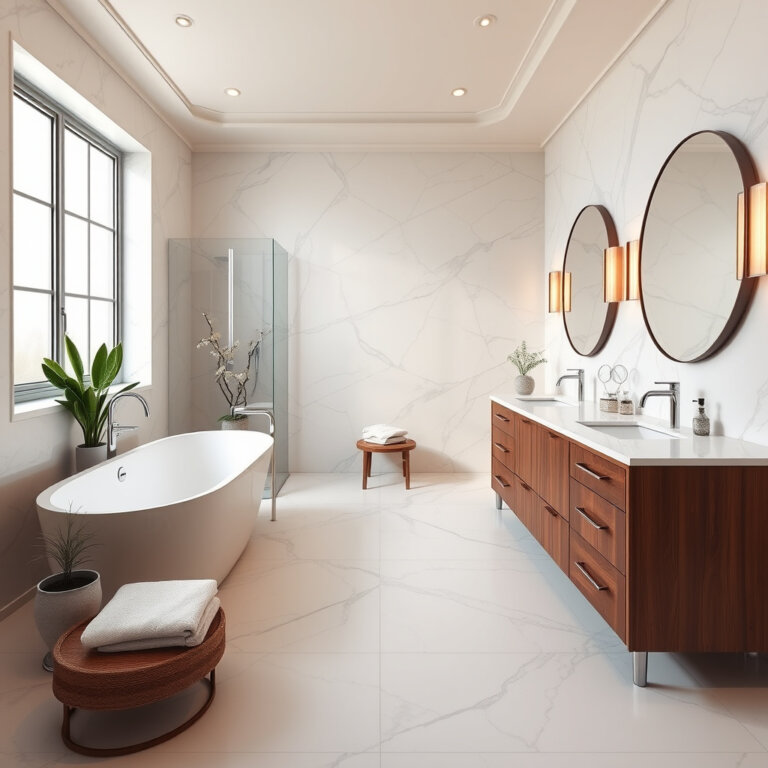What is Smart Home Integration?
Smart Home Integration refers to the seamless connection of various devices and systems within a home, allowing them to communicate and work together efficiently. This technology enables homeowners to control their home environment through centralized platforms, enhancing convenience, security, and energy efficiency. In Massachusetts, where home renovations are popular, understanding smart home integration can significantly elevate the value and functionality of your property.
The Importance of Smart Home Integration in Today’s Homes
As technology evolves, the demand for smart home solutions continues to grow. Homeowners in Massachusetts are increasingly interested in integrating smart devices to enhance their living experience. From controlling lighting and heating to monitoring security systems, smart home integration provides numerous benefits:
- Convenience: Centralized control through smartphones or voice assistants makes managing your home easier.
- Energy Efficiency: Smart thermostats and lighting can optimize energy use, leading to lower utility bills.
- Enhanced Security: Integrated security systems allow for real-time monitoring and alerts.
- Increased Home Value: Modern smart home features can make a property more attractive to potential buyers.
Key Components of Smart Home Integration
Understanding the components involved in smart home integration is crucial for homeowners and contractors alike. Here are some essential elements:
- Smart Hubs: Devices like Amazon Echo or Google Nest that act as the central point for controlling other smart devices.
- Smart Sensors: Devices that detect changes in the environment, such as motion sensors, temperature sensors, and window/door sensors.
- Smart Appliances: Kitchen and home appliances that can be controlled remotely or programmed for efficiency, from refrigerators to washing machines.
- Smart Lighting: LED lights that can be dimmed, color-changed, or scheduled to operate based on user preferences.
How Smart Home Integration Works
Smart home integration typically involves setting up devices to communicate over a network, often using Wi-Fi, Zigbee, or Z-Wave protocols. Here’s how the process generally works:
- Device Selection: Choose devices compatible with your smart hub.
- Installation: Install the devices according to manufacturer instructions.
- Configuration: Use the hub’s app to configure settings and preferences for each device.
- Automation: Set up routines that link multiple devices together. For example, a morning routine might turn on the coffee maker, adjust the thermostat, and open the blinds automatically.
Practical Applications of Smart Home Integration
Homeowners in Massachusetts can leverage smart home integration in various practical ways:
- Energy Management: Smart thermostats like Nest can learn your schedule and automatically adjust temperatures, saving on heating and cooling costs.
- Enhanced Security: Integrated security systems can include smart locks, cameras, and alarms, allowing homeowners to monitor their property remotely.
- Home Automation: Automate mundane tasks like watering your garden or turning off lights when you leave the house.
- Health Monitoring: Smart devices can track air quality and humidity, ensuring a healthier living environment.
Related Concepts in Smart Home Technology
Smart Home Integration is part of a broader spectrum of smart home technologies. Understanding these related concepts can provide additional context:
- Smart Home Security: Involves technologies specifically focused on protecting your home from intrusions.
- Home Automation: Refers to the automatic control of home features and appliances.
- Energy Management Systems: Technologies that optimize energy consumption within the home.
- IoT (Internet of Things): The broader network of devices connected to the internet that can interact with each other.
Conclusion: Embracing Smart Home Integration
Smart Home Integration is not just a trend; it is a transformative approach to modern living. For homeowners, real estate investors, and contractors in Massachusetts, understanding and implementing smart home technology can lead to improved energy efficiency, heightened security, and enhanced quality of life. As you consider your next home renovation or construction project, think about how smart home integration can fit into your plans.
Are you ready to take the next step in home automation? Start by evaluating your current systems and consider how you can integrate smart technology to elevate your home experience.







